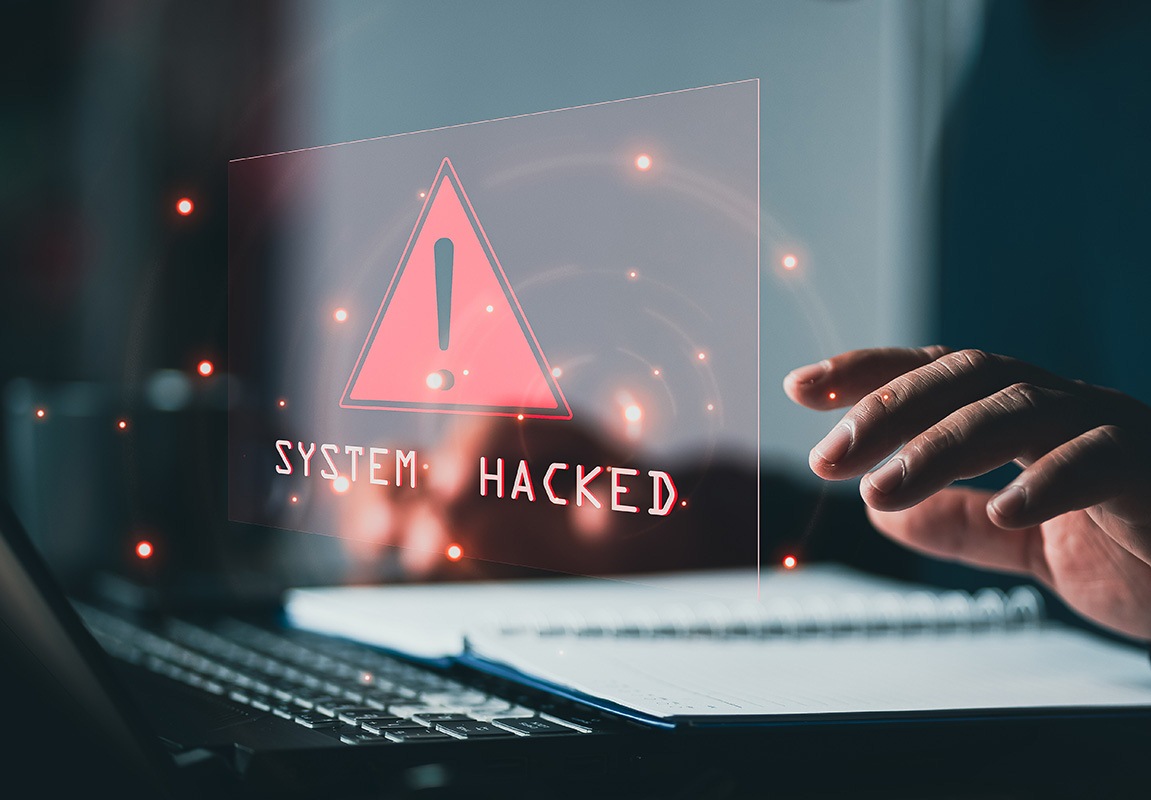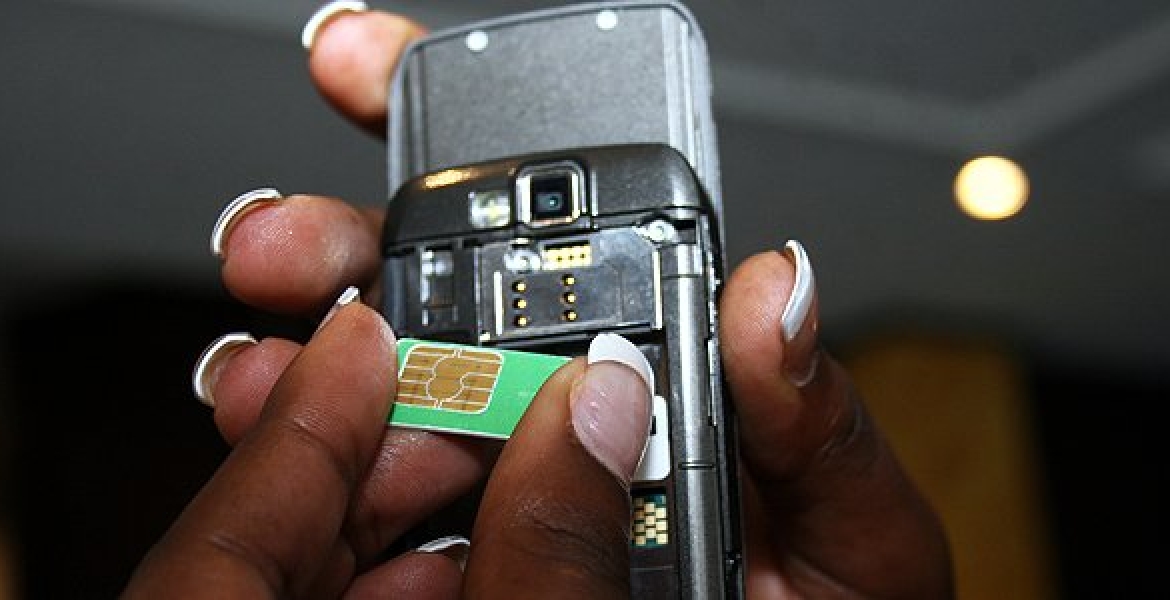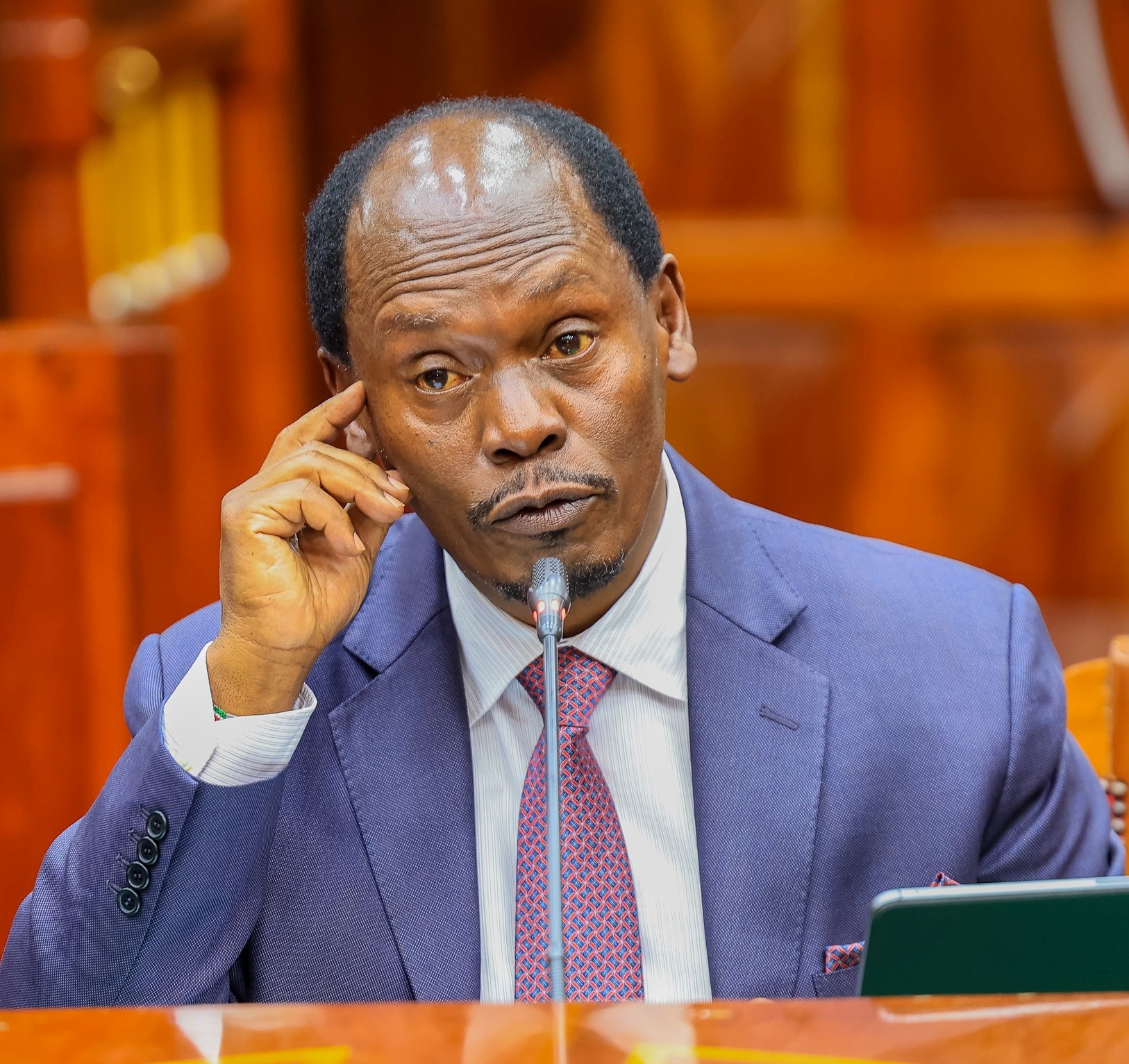By The Weekly Vision Reporter
Various government websites have suffered outages after being hacked by a group calling itself White Power Worldwide, which claims to be based in Leicester, England. Among those affected are The Presidency and the ministries of Interior, Health, Education, Energy, Labour, and Water.
“Access denied by PCP. You are being lied to. 14:88 Heil Hitler. We will rise again! White Power Worldwide. ABSA is supporting us, so are your local politicians. For a neat pay-off, of course,” read a message displayed on the websites.
The attacks come two weeks after the Kenya Revenue Authority (KRA) revealed that its X account had been hacked and its handle, @KRACare, changed to @Standx_Officiel to scam unsuspecting Kenyans.
This happened despite the National KE-CIRT/CC urging organisations to harden firewalls, update antivirus systems, and tighten password policies. Despite Kenya’s efforts to bolster its cybersecurity landscape, the Communications Authority of Kenya (CA) reported 2.54 billion cyber threat incidents in the first quarter of 2025, a 201.7 per cent increase from the previous quarter in 2024.
In 2023, the CA reported a US$83 million loss to cybercrime, placing Kenya second in Africa after Nigeria’s US$1.8 billion loss. The National KE-CIRT/CC also detected 1.1 billion cyber threat events between April and June 2024.
About a week ago, Information and Communications Technology Cabinet Secretary William Kabogo emphasised the global nature of cyber threats, from ransomware and data breaches to misinformation and AI-driven attacks, as he revealed that Kenya is in the process of ratifying the Budapest Convention on Cybercrime.
This international treaty will align Kenya’s cybercrime laws with global standards and enable participation in a 24/7 cooperation network for cyber investigations.
“We are committed to a model of cyber governance built on collaboration, transparency, and innovation,” Kabogo said. “Africa’s digital sovereignty will be secured not through isolation, but through shared norms and collective action,” he added during the official opening of Cyberweek Africa (CWA) 2025 at the Kenya School of Government (KSG) in Nairobi.
He reaffirmed the government’s dedication to building a secure, inclusive digital society. “Cybersecurity is not just a technical issue; it is a pillar of our digital sovereignty and a driver of economic growth,” he said.
The CS outlined the government’s strategic efforts to secure the nation’s digital ecosystem.
Kabogo highlighted key legislation, including the Data Protection Act (2019), which ensures fairness and transparency in handling personal data, and the Computer Misuse and Cybercrimes Act (2018), recently amended in 2025 to empower law enforcement to tackle evolving cyber threats.
He also cited the National Cybersecurity Strategy (2022–2027) as the guiding blueprint for coordination, preparedness, and capacity-building across all sectors. “To advance this vision, the government is establishing an autonomous National Cyber Security Agency (NCSA) under the Executive Office of the President,” he announced.
The NCSA will serve as the central authority for cybersecurity coordination, policy enforcement, and threat management. It will host the National Cybersecurity Operations Centre and oversee sectoral units in defence, finance, energy, health, and other critical infrastructure areas.
Additionally, the agency will set standards, accredit training programmes, monitor compliance, and harmonise legal and institutional frameworks nationwide.





